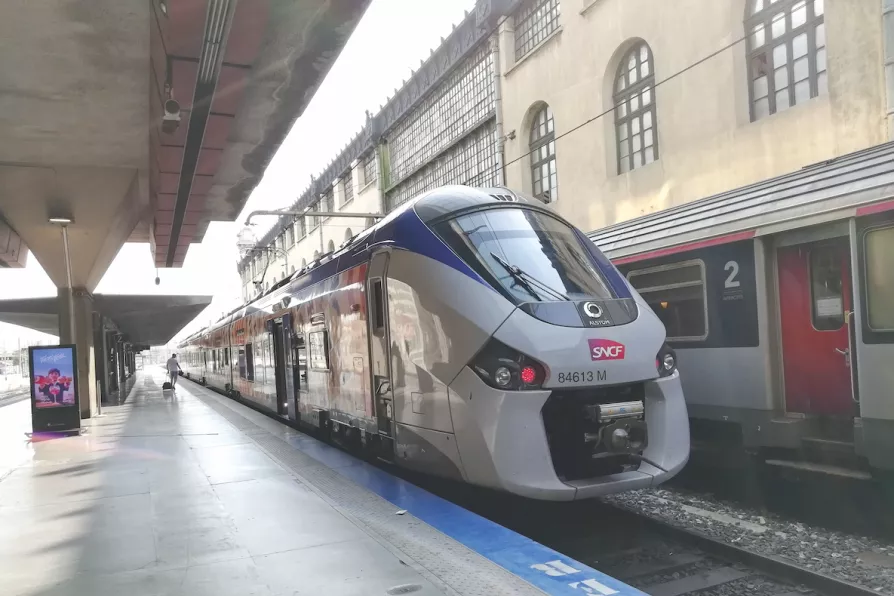John Wojcik pays tribute to a black US activist who spent six decades at the forefront of struggles for voting rights, economic justice and peace – reshaping US politics and inspiring movements worldwide

 Alstom’s success in France owes much to the fact that railways there are nationalised
[Houss 2020 / Creative Commons]
Alstom’s success in France owes much to the fact that railways there are nationalised
[Houss 2020 / Creative Commons]
ONCE again the future of railway engineering in Derby – and the whole of Britain – is under threat, as Alstom, the current transnational corporation (TNC) owners of this vital national asset, set about slashing 1,300 workers from its 2,000-strong workforce, making future operations unviable.
But a public community campaign has been launched by the Derby People’s Assembly to back up trade union efforts to prevent the job losses and potential closure. A People’s Assembly petition – supported by the trades unions’ social media – has attracted 1,500 signatures in just a few days and continues to pick up momentum. https://chng.it/xBK9wjp8zK
Back in 2011 the industry faced a very similar threat when the then owners, Bombardier – another TNC – took a similar position when the Tory government placed a contract for trains with its TNC rival, Siemens.

US General Stanley McChrystal has been invited to advise on creating a ‘team of teams’ for healthcare transformation. His credentials? He previously ran interrogation bases where Iraqis were stripped naked and beaten, reports SOLOMON HUGHES

BILL GREENSHIELDS invites all and sundry to this years’ Derby Silk Mill Lockout March, Rally and People’s Festival on June 7

Our groundbreaking report reveals how private rail companies are bleeding millions from public coffers through exploitative leasing practices — but we have the solutions, writes Aslef Scottish organiser KEVIN LINDSAY










